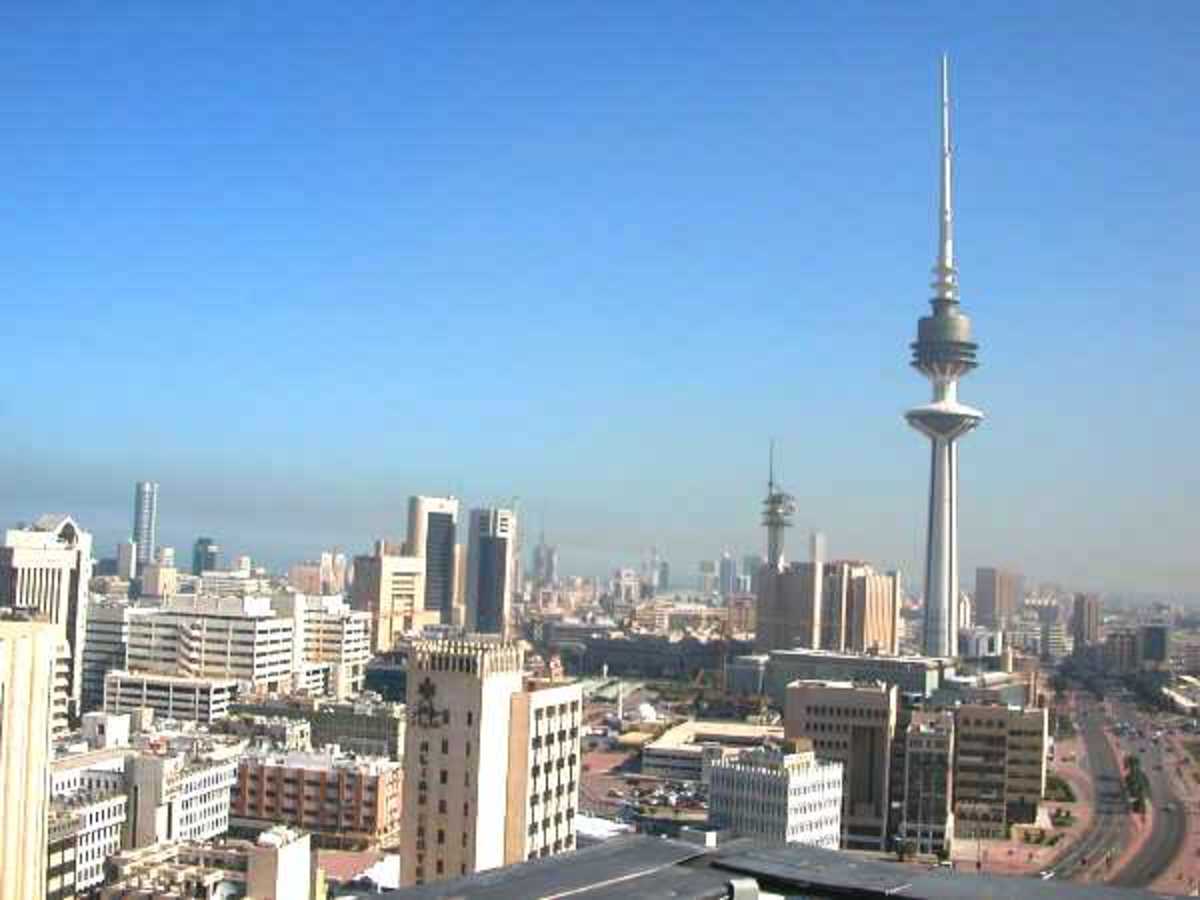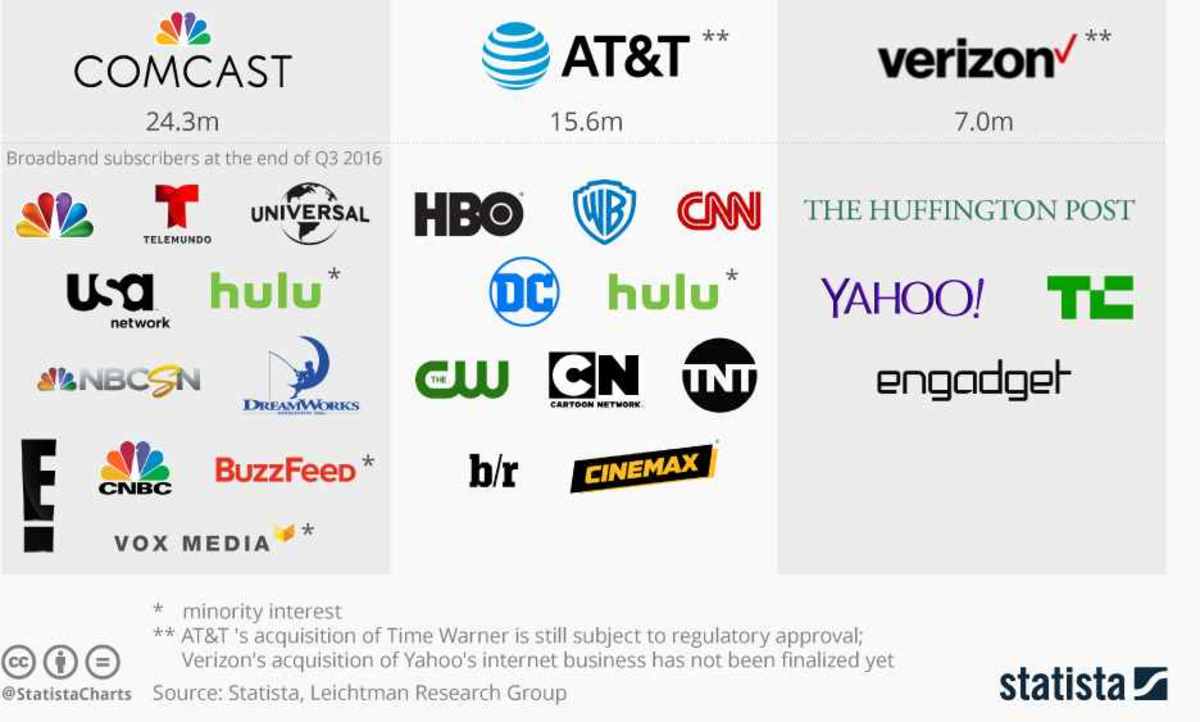Barter System, Banking System and Development of a Country
Importance of Banks in Economic Development of a Country
Importance of Banks in Economic Development of a Country
Barter economy:
Many of us heard about barter system. I myself have seen barter system. In those days people from village, suburb of Kathmandu, used to come to Kathmandu (in city residence area) with basket full of fruits, usually berries, and exchange these with rice, wheat etc. They would exchange their items only with the items they needed and they wanted, not with any other items. They do not accept money, although money system is there. Because they cannot buy the items they wanted with their satisfaction with money.
Monetary system:
We all know the introduction of money system. Initially gold used to be the item which everyone accepts in exchange of items the people want to give (sell). Later on other coin introduced. I personally know and seen silver coin in Nepal. Later on paper notes are introduced in almost all the countries in the world.
Banking system:
I remember reading banking system in Britain, Japan, German and other countries in my graduate and post graduate times. Banks help to develop country. Banks collect small savings and idle money to use and invest in productive sectors like industries commerce, agriculture sectors etc. which ultimately develop a country. Development of banks in a country means development of a country. In order to develop banks in a country it needs intellectuals and ethical people. As the banks works in money collect from different individuals and institutions the bankers should be efficient and ethical professionals.
Nepalese banks:
In case of Nepal banks and financial institutions are run by ‘business’ minded people rather than ‘ethical’ ones leading high risk of savings of the general public and institutions. This is not good situation in the country.
On the other hand, banks are not that developed in the country. Most of the banks are working ‘under capacity’. The banks are mostly doing business in profit making intention rather than development of the country and serving general public. The proof of this is shown with the increasing number of Savings and Credit Cooperative Societies in almost every houses of Kathmandu. Same may be the case in other part of the country. There are over 30 banks, quite a large number of ‘Financial Institutions’ and many ‘savings and cooperatives’ societies. These indicate there are a lot of savings with the people and investment opportunities in Nepal. But the investments are not coming up in productive and lasting long industries. All the savings are used in ‘unproductive’ sectors like import of garments, as an example.
Credit cooperative societies and small financial institutions:
When we go out in the market I can see number of girls coming in shops to collect ‘savings’ from shops. The girls are from different saving and credit cooperative societies. I talked to the shop keepers why it is so popular to save money with the cooperative societies. The answer is that it is easy to get loan from these societies which is not possible with banks.
The saving and credit societies are not free from problems. Some of these have risk of losing savings all together as the societies run away with the collected money for which there is no strong rule to control such malpractices. But, still people like to save money with them rather than going to banks; or banks are not available for them.
Improvement in banking system needed:
This means banks are not working to the needed of the people and the country. Some banks introduce internet banking, mobile banking and ATM facilities to attract customers, giving less interest on savings. Some banks introduces different schemes like ‘Female Privilege’ , ‘Old age’ benefits, ‘Student facilities’, etc. There are nothing more than ‘exploiting’ schemes.
We have many rich Nepalese people in the country, including a billionaire, as per 2013 Forbes list. But the country remained poor. The country is suffering 12 hours a day of load shedding, in winter every year; where the hydro power potential is said to be 83,000 megawatts of which 42,000 megawatts is economically and technically feasible. It is second largest in the world after Brazil. One time Nepal load shedding went up to 18 hours a day. Nepal has developed only approximately 600 MW of hydro-power at present. Drinking water is acute problem in Kathmandu. Melamchi water project was thought and initiated over a decade. Still the project has not got any sign of completion. It is said that 5 kilometer of tunnel has completed now out of about 28 kilometer long tunnel to supply water to Kathmandu, in over so many years after it initiated in 1998.
Lack of infrastructure for economic development in the country:
There are no industries in the country so all the youths are heading toward Arab countries and other places for employments. We have 32 airlines operating in the country. Some airlines have three flights a day; I think it is Qatar Airlines. Recently Qatar has introduced A330 wide body plane to facilitate and accommodate more passenger (around 250 seats). This means more and more people are going out of the country for job. It is also learned that most of Nepalese village have shortage of manpower for agriculture. Let’s not talk about new industries in the country; even existing industries are closing day by day. This is also part of the reason that the Nepalese people mainly youths need to go out of the country for employment.
This phenomenon has one good advantage to the country, i.e. inflow of foreign currency through remittances. However these remittances are not use in productive manner rather use in ‘unnecessary way’ without contributing to the national economy; except stock piling of foreign currency in the treasury of the central bank.
Some information about banks in other countries:
I have seen situation in Kosovo where there was no banking system in early 2000. There was no local currency. People use German marks and US dollar for day to day requirements. I have also seen Uzbekistan economy, during Afghan war in early 2000s, where local currency was devalued a lot and people need to carry a lot of notes to buy daily necessary items. However the banks were there but it seems the banks are not that effective; or may be due to banks the economy has not deteriorated much.
Economic policy and monetary policy:
The economic policy and fiscal policy are developed by a central bank on the basis of which the economy of a country depends. The banks in a country play very important role in helping the central banks in formulating economic policy. In Nepal the economic and fiscal policies are not that effective so that the banks cannot mobilize savings, including small savings, of the people to invest in productive sector on the one hand on the other hand rich people are investing money in other countries rather than investing in the country. The banks are not able to tap available recourse in the country and use for development of the country.
Conclusion:
There are different factors that play role in development of a country. Banks are one of the most important sectors which need to play active, effective and efficient manner for development of a country.








